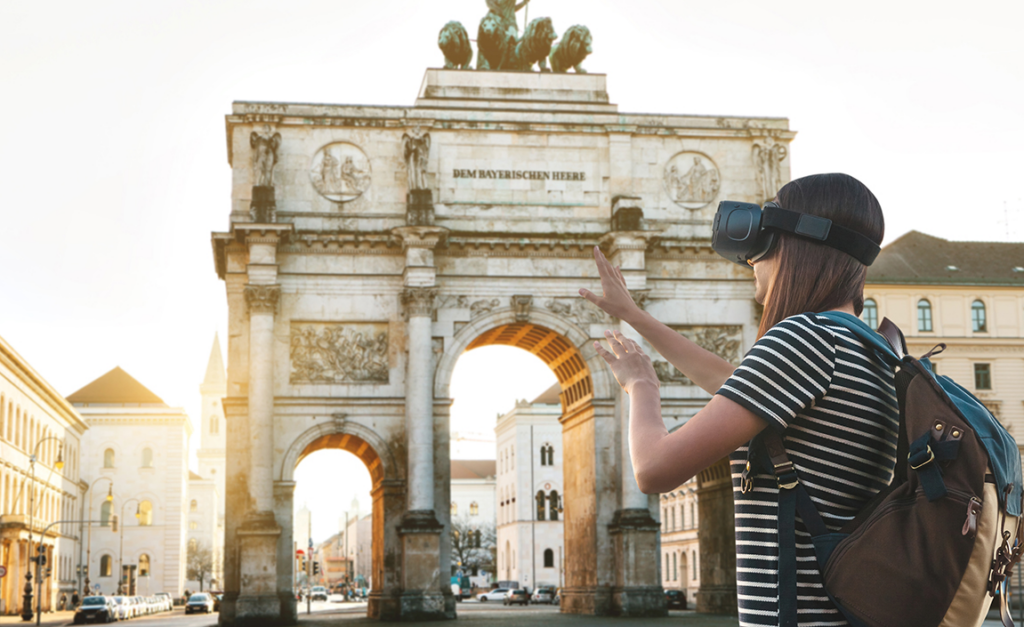
Imagine exploring the vibrant streets of Tokyo, hiking the Grand Canyon, or marveling at the Northern Lights, all without leaving your home. This is the power of virtual reality tourism, a rapidly evolving industry that is revolutionizing the way we explore and experience the world. In this blog post, we delve into the potential of VR tourism and how it can transform the travel industry, from enhancing hotel selection with virtual tours to reducing the environmental impact of mass tourism. Are you ready to embark on a virtual journey around the globe?
Short Summary
VR technology is revolutionizing the travel industry, providing immersive previews of destinations and virtual experiences.
Pioneering brands are utilizing VR to create unique customer experiences such as on-site VR tours and virtual flights.
Emerging trends and technologies offer opportunities for creating more sustainable customer experiences in the metaverse.
Embracing Virtual Reality in Tourism
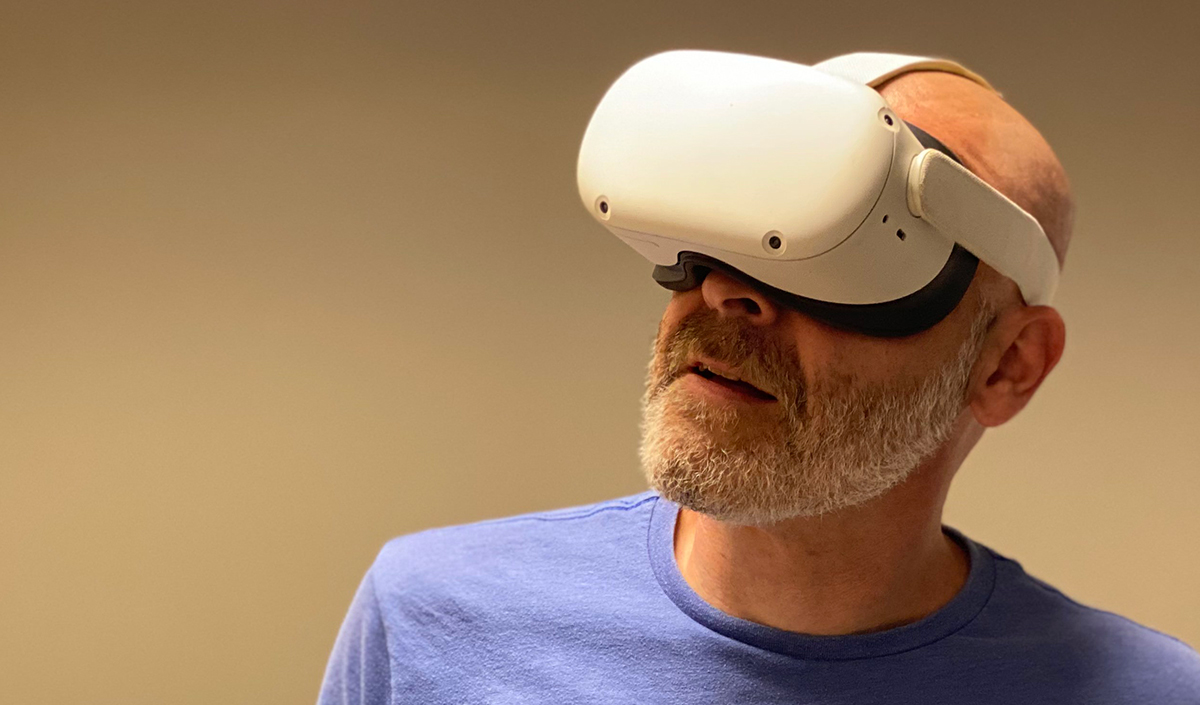
The integration of virtual reality (VR) technology into the tourism industry is opening up a world of possibilities for travel enthusiasts and businesses alike. VR travel experiences offer a unique opportunity for users to explore destinations without the constraints of budget, time, or physical ability. For the travel industry, VR technology has become a powerful marketing tool, helping to attract more visitors and increase their engagement with tourist destinations.
VR headsets, glasses, 360-degree cameras, and specialized video editing tools are some of the devices used to create these immersive virtual reality travel experiences. Technology is improving day by day. We can anticipate further inventive uses of VR in the tourism industry. It promises more exciting experiences for travelers. The pandemic has accelerated the adoption of VR in the travel industry, with tourism boards, airlines, hotels, and destination management companies capitalizing on it to remain relevant and fulfill the demand virtually if not physically.
How Travel Companies Use VR
Travel companies are increasingly recognizing the potential of VR technology to differentiate themselves in a competitive market and provide an unparalleled experience to their customers. By offering immersive previews of destinations, hotels, and attractions, VR technology is helping travelers worldwide explore and experience their dream vacations before even setting foot on an airplane.
Incorporating virtual reality elements on hotel websites or apps can have several benefits.
Shorten the hotel booking process
Users can virtually experience a hotel room or nearby attractions before making a reservation
Customers can make more informed decisions
Higher satisfaction rates
Increased customer loyalty
By utilizing VR in travel companies, businesses can enhance customer engagement and decision-making, standing out from the competition and creating lasting impressions on potential customers.
The Role of VR Headsets in Tourism
VR headsets play a crucial role in delivering immersive experiences in the travel industry. Leading tech companies are investing heavily in the development and implementation of VR headsets, with the gaming market and major online platforms driving the rapid increase in ownership. These headsets offer travel companies a unique opportunity to differentiate themselves and provide an unparalleled experience to their customers.
To enjoy virtual reality tourism, a user typically requires virtual reality devices, such as a VR headset and VR interface controllers. As technology continues to advance, we can expect even more immersive and realistic virtual experiences, allowing users to explore destinations up close and personal without physically traveling to them.
In essence, VR headsets are bridging the gap between the physical and virtual worlds, helping travelers worldwide experience their dream vacations from the comfort of their own homes.
The Power of Virtual Tours

Virtual tours offer potential customers a realistic and immersive way to explore hotels and destinations before booking their trip. By providing an authentic experience, virtual tours enhance transparency and customer satisfaction, allowing users to:
Explore a destination and its offerings at their own pace
Get a feel for the atmosphere and layout of a hotel or resort
Visualize themselves in different rooms or locations
Evaluate the amenities and features of a property
Understand the proximity of attractions and points of interest
Furthermore, travel agents can leverage virtual tours to showcase their products and services, increasing their ability to sell rooms, flights, and travel products.
However, the primary challenge posed by virtual tours is the cost of creating and sustaining them. Additionally, virtual tours may not be able to provide a complete experience of a destination due to the constraints of available technology.
Despite these limitations, the future of virtual tours looks bright, with the potential incorporation of augmented reality and artificial intelligence to create even more engaging experiences.
Enhancing Hotel Selection with Virtual Tours
VR hotel tours, also known as virtual hotel tours, allow customers to make informed decisions about their accommodations, leading to a more enjoyable stay and increased brand loyalty. These virtual tours enable users to examine the hotel’s facilities and amenities prior to booking, reducing the likelihood of disappointment and dissatisfaction upon arrival.
Customers can access VR hotel tours via virtual reality headsets or by loading a hotel’s monoscopic model on their mobile device. As a result, these virtual tours provide a unique opportunity for brand engagement and a lasting impression with the user, ultimately helping hotels enhance their brand image and attract more visitors.
Previewing Destinations Through VR
VR technology enables travel businesses to offer virtual experiences of main attractions, increasing their ability to sell rooms, flights, and travel products. By facilitating virtual tours of destinations, customers can gain an in-depth understanding of the destination before booking a trip, making more informed decisions and heightening customer satisfaction.
The challenges and future developments of previewing destinations through VR include the necessity for more immersive experiences, the requirement for better hardware, and the demand for more data. As technology progresses, more immersive experiences can be generated, granting customers the ability to gain a more comprehensive understanding of the destination prior to booking a trip.
Revolutionizing the Booking Process with Virtual Interfaces
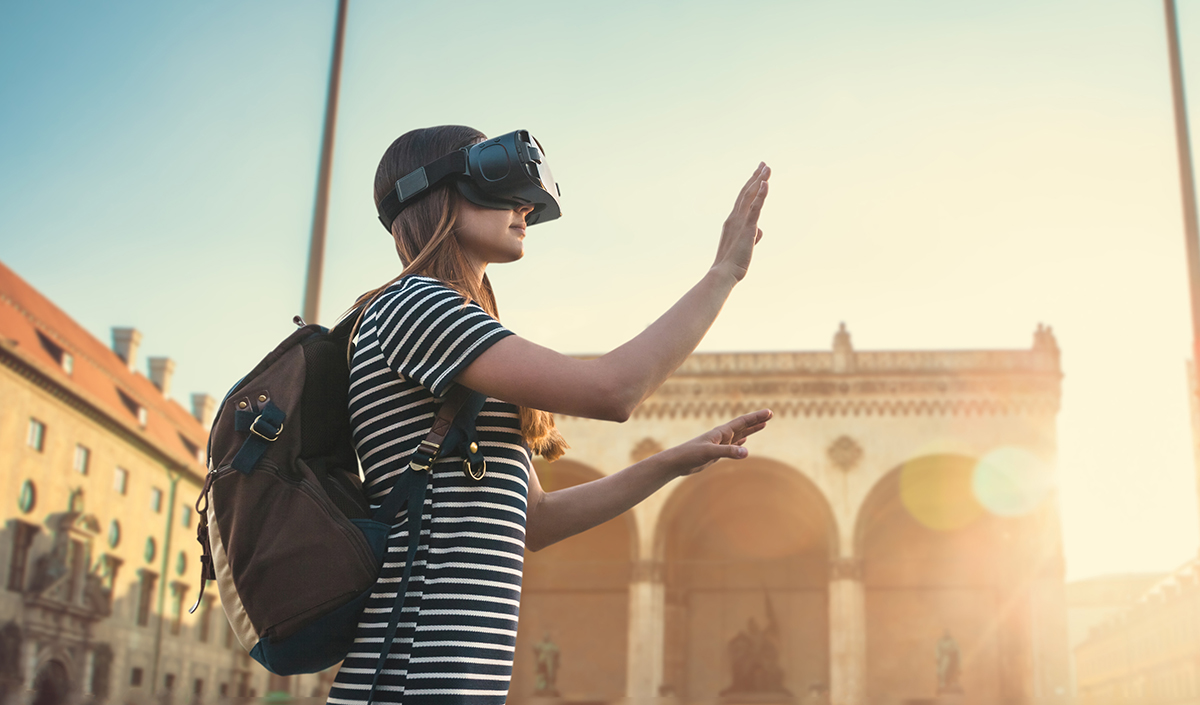
VR booking interfaces are transforming the way customers plan and book their trips, offering a seamless and immersive experience. These virtual booking systems enable users to select hotels, destinations, and process payments, all while enjoying a visually engaging environment that differs from traditional booking systems. With the help of a virtual booking interface, customers can now have an enhanced and interactive experience while planning their trips.
One example of a VR booking system is Amadeus’ VR travel search and booking experience. With this system, users can:
Explore hotel rooms and facilities
Compare and contrast room types
View local attractions
Access key information and facts, all in one place
By providing an innovative and user-friendly interface, VR booking systems are reshaping the way customers plan and book their trips. This improvement in customer satisfaction and efficiency is transforming the travel industry.
Advantages of VR Booking Systems
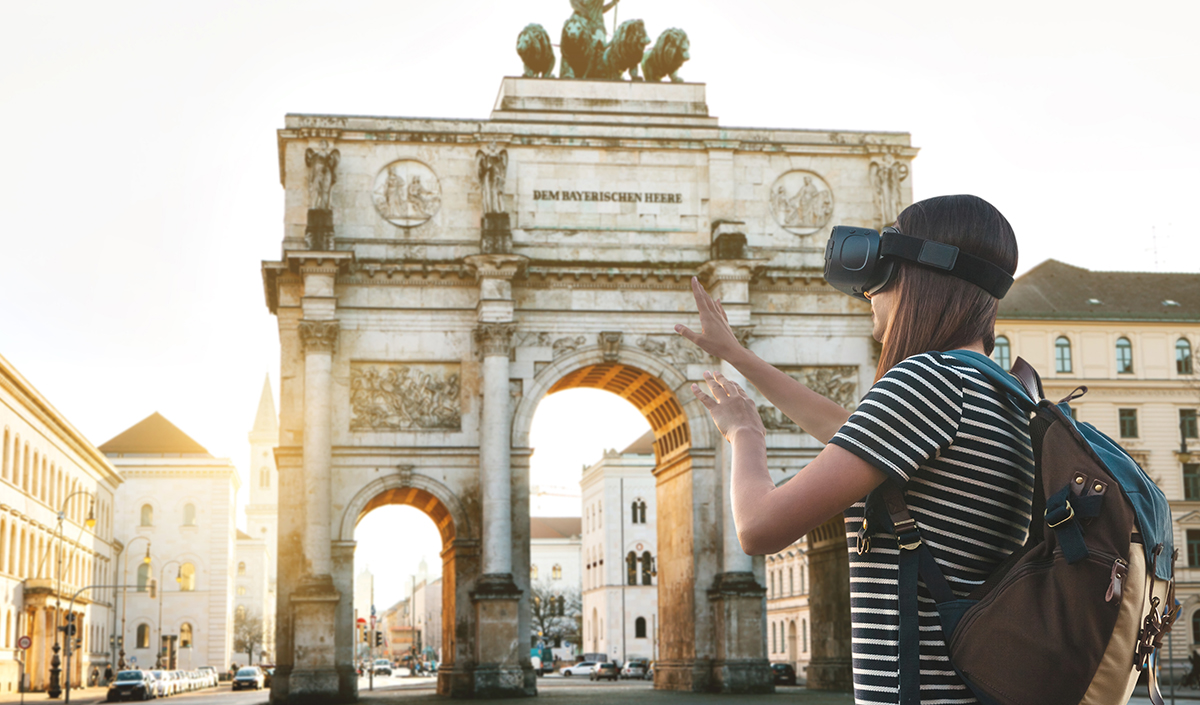
VR booking systems provide an engaging environment for planning trips, allowing users to select their destination, hotel rooms, and plane seats while making payments. These booking systems offer a range of benefits to both customers and travel companies, such as the potential for virtual travel experiences and more tailored services for their patrons.
Furthermore, incorporating virtual reality elements on hotel websites or apps can potentially shorten the hotel booking process by enabling users to virtually experience a hotel room or nearby attractions before making a reservation. As a result, customers can make more informed decisions, leading to higher satisfaction rates and increased customer loyalty.
Challenges and Future Developments
While VR booking systems show great promise, they are still in their early stages and have limited capabilities. One of the main challenges is the integration of VR booking systems with existing booking systems, making it difficult to use them in a seamless manner.
However, as technology progresses, we can expect significant growth and innovation in VR booking systems, allowing them to provide more immersive and personalized experiences for travelers. With the potential to revolutionize the travel industry by providing a more immersive and personalized experience for travelers, VR booking systems hold great promise for the future of tourism.
Immersive VR Travel Experiences
VR travel experiences offer users a taste of various travel destinations, eliminating limitations such as budget, physical ability, and time constraints. These experiences provide a unique opportunity to explore the world, affording users the ability to experience destinations and attractions without the restrictions of budget, physical ability, and time constraints.
Users can gain insight into famous landmarks and a variety of hotels and facilities prior to booking a trip, thanks to the immersive nature of VR travel experiences. With VR technology continuing to advance, we can anticipate even more engaging and realistic virtual experiences in the future, allowing users to explore and enjoy their dream vacations from the comfort of their own homes through virtual reality travel search.
Combining VR with Augmented Reality and Artificial Intelligence
The integration of VR with augmented reality (AR) and artificial intelligence (AI) technologies has the potential to create even more immersive and personalized travel experiences. Some ways in which AR and AI can enhance the overall VR travel experience include:
Providing more accurate and detailed information about destinations
Enabling users to explore destinations in a more interactive and engaging manner
Offering personalized recommendations based on user preferences and interests
Creating virtual tour guides that can provide real-time information and assistance
Allowing users to interact with virtual objects and characters in the VR environment
By combining VR with AR and AI technologies, travel experiences can be taken to a whole new level of immersion and interactivity.
Despite the potential benefits, the implementation of AR and AI in the travel industry may be subject to certain costs and require more sophisticated technology. Nevertheless, such utilization may result in:
More immersive and personalized travel experiences
More accurate and detailed information about destinations
Enriching the overall travel experience for users
Reducing Environmental Impact with VR Tourism
VR tourism can help control the number of visitors to popular landmarks and reduce the environmental impact of mass tourism by providing a virtual experience that is just as immersive as a physical visit. By decreasing the necessity for physical travel, virtual reality tourism can minimize the environmental effect of mass tourism, diminishing the quantity of energy and resources used for transportation and curtailing the amount of waste produced by tourists.
However, the primary challenge associated with implementing VR tourism is the cost of creating and maintaining virtual experiences. Additionally, there are technological challenges, including the need for high-speed internet and the possibility of motion sickness.
Despite these limitations, the potential benefits of VR tourism in reducing the environmental impact of travel are undeniable.
Pioneering Brands in VR Tourism
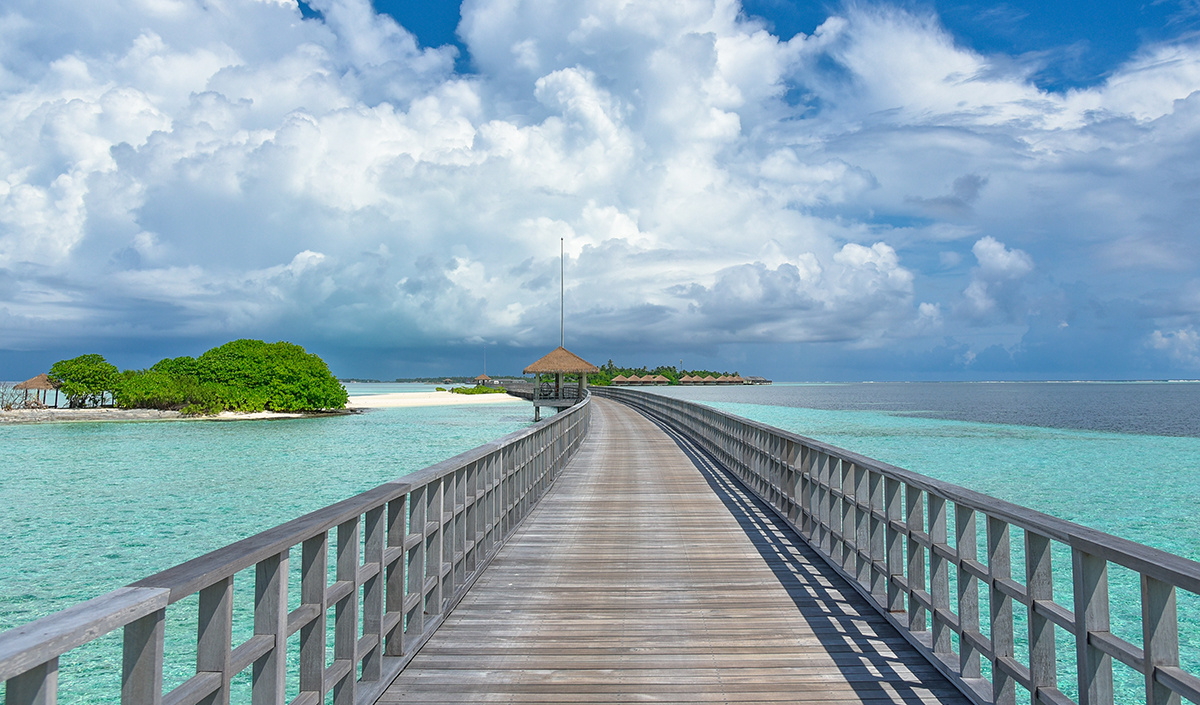
Innovative brands such as Marriott, First Airlines, and Visit Wales are investing in VR tourism, recognizing the potential of this technology to revolutionize the travel industry and create unique experiences for their customers. These pioneering brands are leveraging VR technology to engage their customers, improve brand image, and deliver unforgettable experiences.
By offering on-site VR experiences, virtual flights, and immersive 360° photography, these brands are paving the way for the future of VR tourism and showcasing the possibilities for the travel industry as a whole. Let’s take a closer look at their unique initiatives.
Marriott’s VR Initiatives
Marriott offers on-site VR experiences and VR Postcards, allowing guests to share their experiences through visual storytelling. One of their innovative initiatives is the ‘VRoom Service’, which allows guests to order virtual reality experiences in their rooms, providing them with immersive virtual tours of various destinations such as Chile, China, and Rwanda.
These initiatives not only enhance the customer experience, but also provide Marriott with a unique opportunity to engage their customers in their online brand community. By leveraging VR technology, Marriott is setting a new standard for customer engagement and satisfaction in the hospitality industry.
First Airlines’ Virtual Flights
First Airlines, a Tokyo-based company, has pioneered the world’s first virtual reality airline, providing an immersive virtual reality experience of air travel. Passengers can enjoy:
Traditional cuisine reflective of the destination
A virtual reality headset for sightseeing
Attentive flight attendants to assist with meals and beverages
This innovative approach to air travel allows customers to experience the thrill of flying without the hassle and expense of traditional air travel. With First Airlines’ virtual flights, customers can embark on a journey around the world, all from the comfort of their own home.
Visit Wales’ 360° Photography
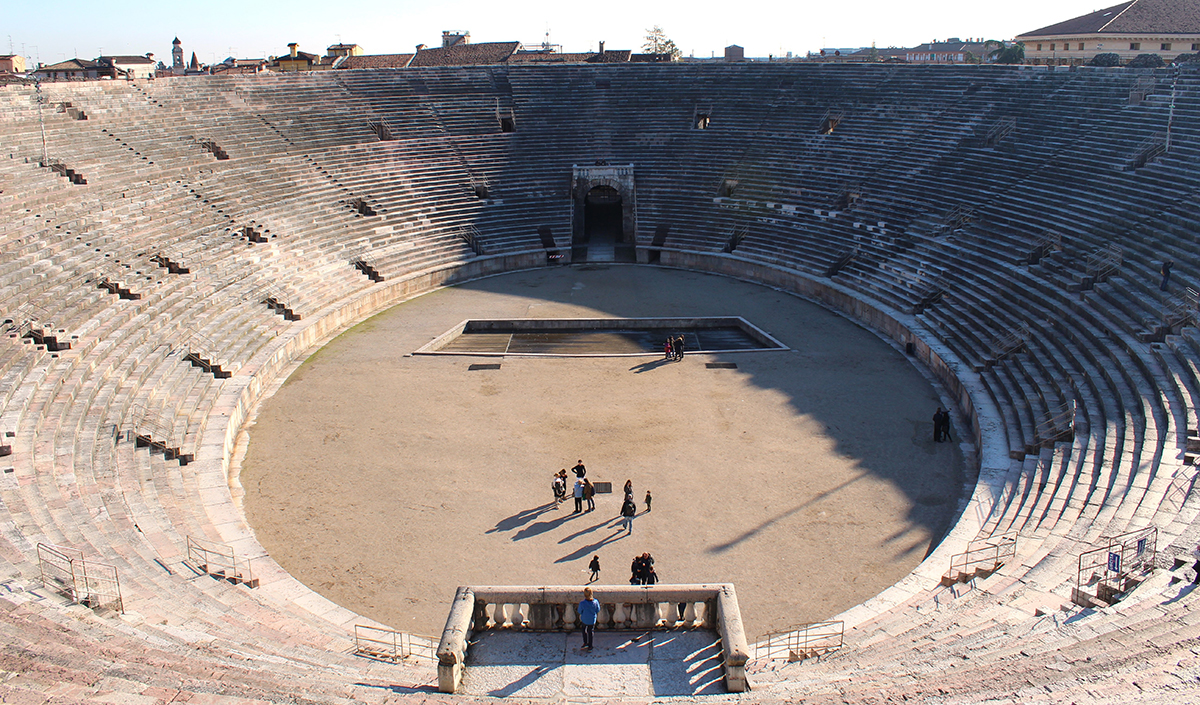
Visit Wales has developed a 360° photography experience, providing customers with the opportunity to virtually explore the country from the comfort of their own home. This experience includes interactive tours of iconic attractions, such as castles and beaches, as well as immersive experiences of the Welsh countryside.
By leveraging 360° photography, Visit Wales is showcasing the country’s rich history, stunning landscapes, and vibrant culture in an engaging and accessible way. This innovative approach to virtual tourism is helping to promote Wales as a top travel destination and attract more visitors from around the world.
The Future of VR Tourism and the Metaverse
As the metaverse continues to evolve, the potential for VR tourism to expand within this emerging digital universe becomes ever more apparent. The metaverse offers a range of opportunities for the travel industry, such as digital travel experiences, social interactions, and the capacity to create immersive virtual tours.
However, the travel industry must also contend with the challenges presented by the metaverse, such as the need to develop new technologies and ensure user safety. As we look to the future of VR tourism, it’s essential for the travel industry to stay at the forefront of emerging trends and technologies, embracing the potential of the metaverse and the unique opportunities it presents.
Emerging Trends and Technologies
Upcoming trends and technologies shaping the future of VR tourism include:
Advancements in extended reality
Metaverse platforms
Internet of Things (IoT)
Haptic feedback
Eye tracking
Spatial audio
Brain-computer interfaces
These virtual reality technology advancements are being utilized to increase the level of immersion in virtual travel experiences, providing users with an even more engaging and realistic experience of their chosen destination.
As the travel industry continues to evolve and adapt to these emerging technologies, it’s essential for businesses to stay ahead of the curve and gain a competitive advantage by embracing the latest innovations. By doing so, they can provide their customers with unparalleled experiences and redefine the future of travel.
Opportunities and Challenges in the Metaverse
The metaverse offers numerous opportunities for the travel industry, such as enhanced customer experiences, reduced environmental impact, and increased efficiency. However, as with any emerging technology, the metaverse also presents a range of challenges, including the requirement to develop new technologies, the possibility of misuse, and the necessity to ensure user safety.
As we continue to explore the potential of the metaverse in the travel industry, it’s essential for businesses to balance the opportunities and challenges presented by this new frontier. By doing so, they can create more immersive, personalized, and sustainable travel experiences for their customers, helping to shape the future of the tourism industry.
Summary
Virtual reality tourism is transforming the way we explore and experience the world, offering unique opportunities for travelers and businesses alike. As we’ve seen, innovative brands like Marriott, First Airlines, and Visit Wales are leading the charge, embracing VR technology to create immersive and engaging experiences for their customers. As the metaverse continues to evolve, the travel industry must navigate the challenges and opportunities presented by this emerging digital universe, staying at the forefront of emerging trends and technologies to redefine the future of travel. So, are you ready to embark on a virtual journey and explore the world in a whole new way?
Frequently Asked Questions
How is VR used in tourism?
VR has revolutionized the tourism industry by providing potential travelers with a direct channel for destination marketing and personalized experiences. Operators are able to showcase their offerings in great detail, allowing customers to explore places they may never have experienced before, from the comfort of their own home.
This has opened up a world of possibilities for travelers, as they can now experience a destination before they even book a trip. They can explore the sights, sounds, and culture of a place without exploring the sights, sounds, and culture of that place.
What is an example of VR tourism?
Google Earth VR allows users to explore iconic landmarks in a 360-degree view, offering a unique perspective of famous sites like the Eiffel Tower, the Great Wall of China, or the Grand Canyon.
This immersive experience is a great example of VR tourism.
Will VR replace tourism?
It is highly unlikely that VR travel could ever replace real-life travel experiences, according to a global survey conducted by Italy4Real. The results show that 81 percent of respondents do not think virtual reality could replace the full sensory experience of travelling.
This survey highlights the importance of real-life travel experiences, and how they cannot be replicated through virtual reality. People want to experience the sights, sounds, and smells of a new place, and this cannot be done through technology.
How do travel companies use VR technology?
VR technology allows travel companies to give travelers a realistic experience of their dream vacations, enabling them to explore destinations, hotels and attractions prior to booking.
This technology has revolutionized the way people plan their trips, allowing them to get a better sense of what they can expect before they even leave home. It also allows them to make more informed decisions about their travel plans, as they can make more informed decisions about their travel plans.
What is the metaverse and how does it relate to VR tourism?
The metaverse is a digital universe that can be connected to VR tourism, offering new opportunities for the travel industry. As it evolves, the potential to expand this emerging digital universe increases, providing new avenues for virtual reality tourism.
This opens up a world of possibilities for travelers, allowing them to explore new places and experiences without ever leaving their homes. It also provides a platform for businesses to create unique and immersive experiences for their customers.
